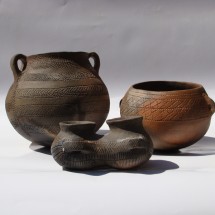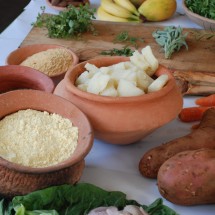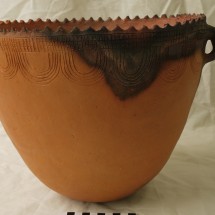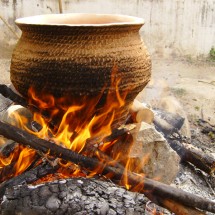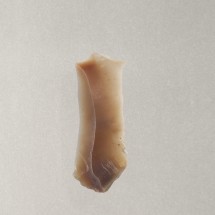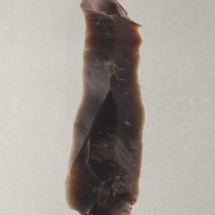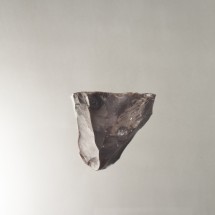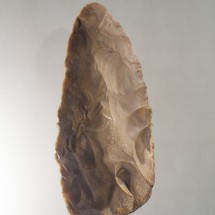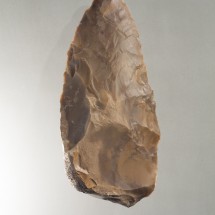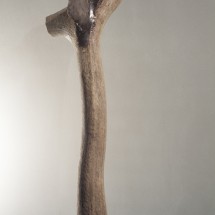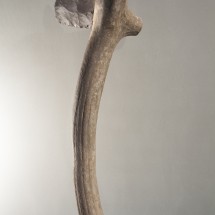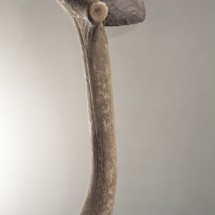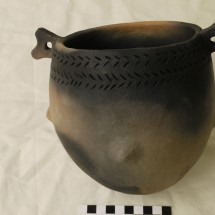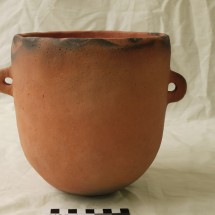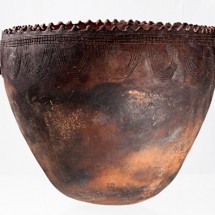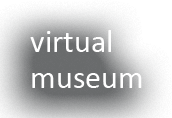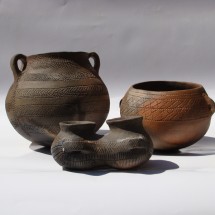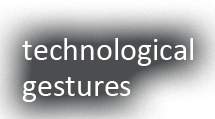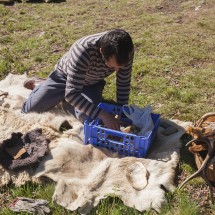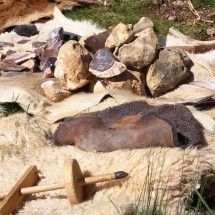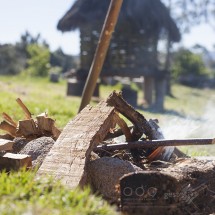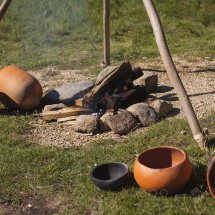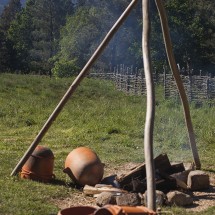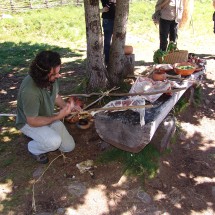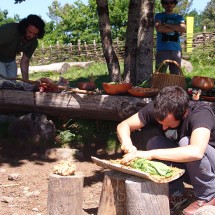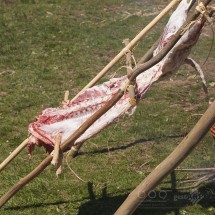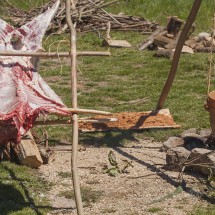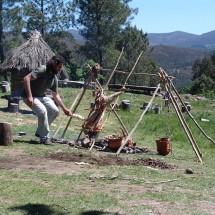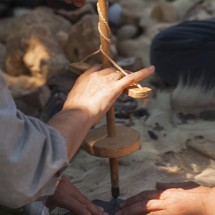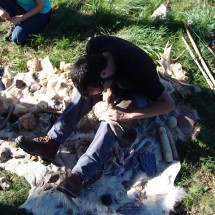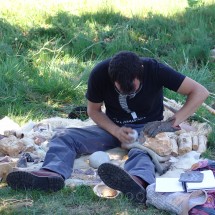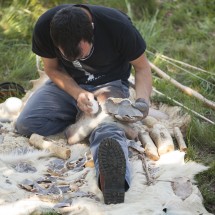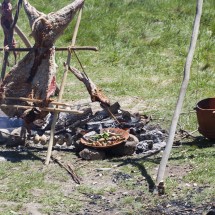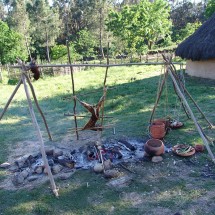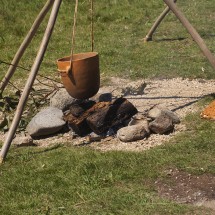
Project
Concerning the prehistoric technologies the experimentation is currently one of the most fruitful approaches to the comprehension of human behavior variability trough the study of the manufacture methods and utilization modes. It allow, among other possibilities, to better understand the options and constraints in raw materials management, the choice and application of «châines operatoires» and their relation with subsistence, social and symbolic activities developed in the past and now fossilized in the archaeological record. It also gives us the possibility of questioning the conventional typological criteria that can mask the technical and functional processes. However the experimentation doesn’t arise in the process of prehistoric technological study only as an exercise lined by a rigorous and objective method or strictly descriptive documentation system repeatedly and uncritically applied.
The experimental reproduction of prehistoric technologies is above all an additional heuristic tool, since used as a cognitive tool and not as a invariable model allows us to access a different method of archaeological data lecture.
Furthermore, experimentation can be a potential tool to socialize archaeological knowledge, capable of enhancing the knowledge of the diversities and complementarities of cultural adaptations in Prehistory.
In current society, the “way of doing” awareness is being lost, and despite people appreciate the results of science and technology while using their end products, they hardly understand the complexity involved in their production.
The project developed in the Prehistoric Art Museum of Mação and in the Earth and Memory is about learning the processes, the complexity and the radical usefulness of science and technology, and of how these and the understanding of past processes and contexts have to be tackled together.
In this sense, the various experiments bear a direct link with some major disciplines of Archaeology, namely lithic technology, rock art, ceramics, zooarchaeology, geoarchaeology, and related disciplines such as Ethnography and Anthropology.
